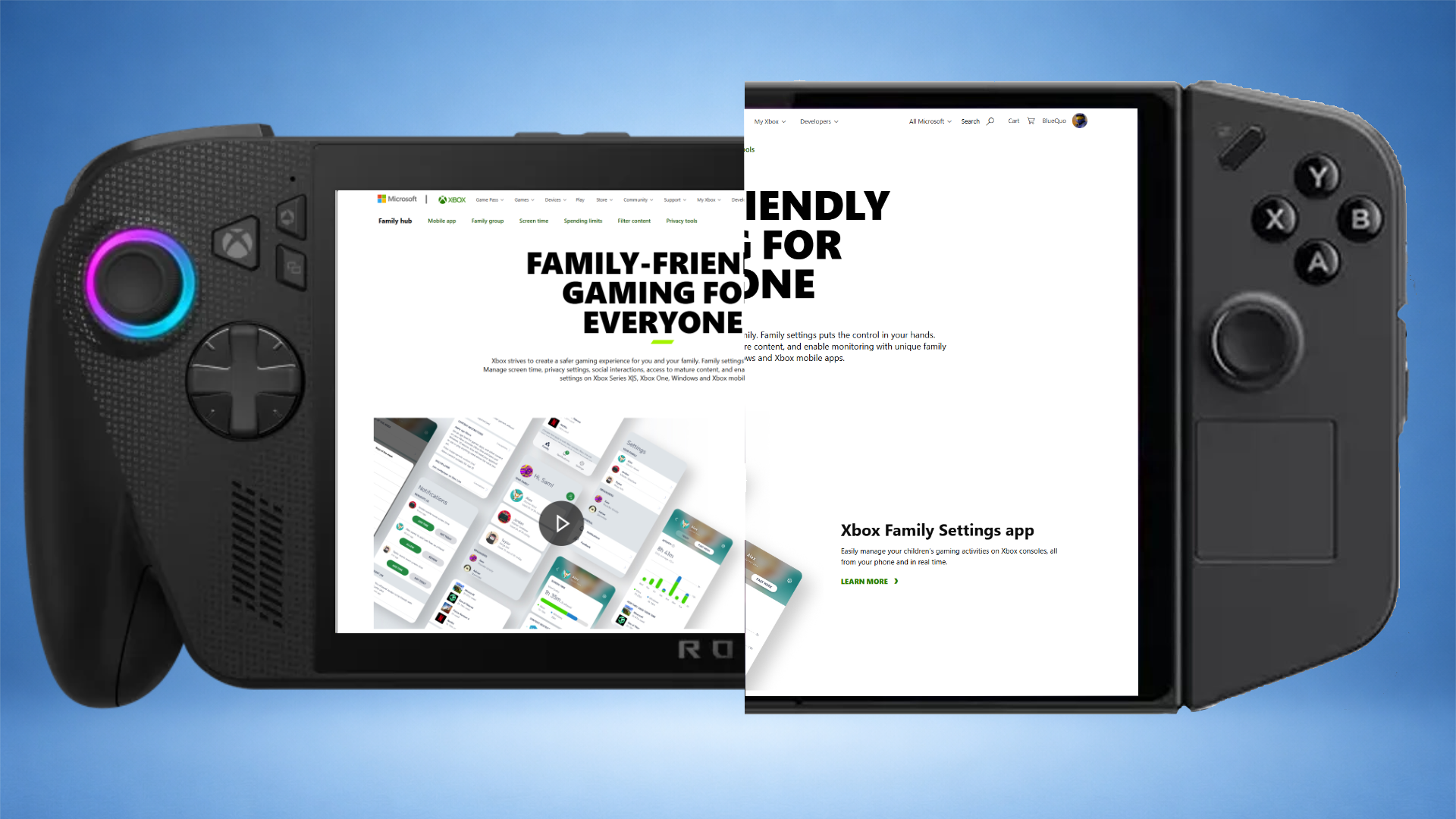What does the cancellation of Scalebound mean for future Xbox exclusives?
What should you expect from Microsoft Studios moving forward?
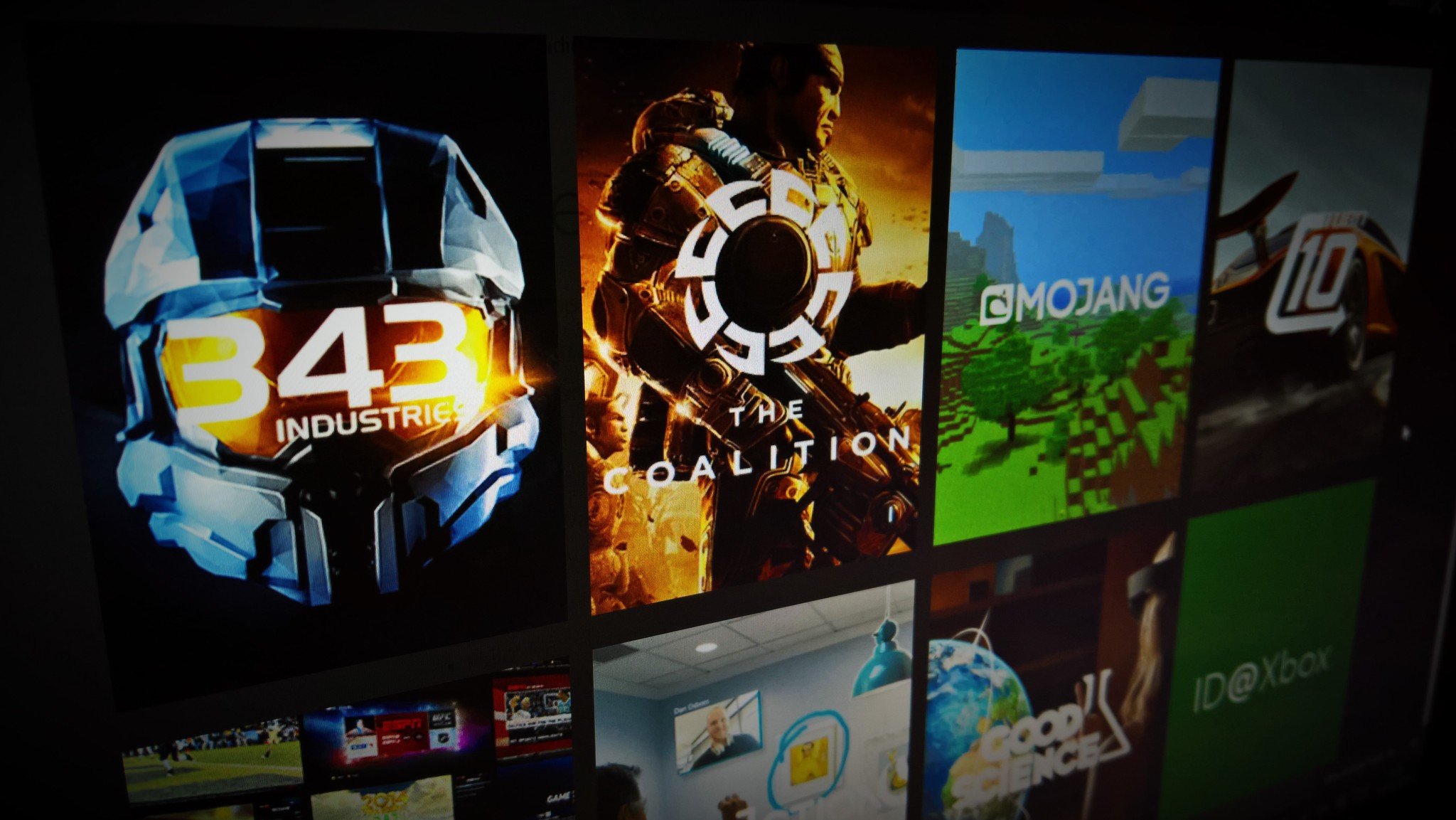
The cancellation of Scalebound marks another dent in Microsoft's game publishing efforts. And while a shame, it's not entirely unsurprising.
2016 marked a turning point for the industry, and it has taken many gamers by surprise. With the rise of games like Overwatch, Minecraft, and even Halo 5, it's the Games as a Service (GaaS) concept that is now dominating the industry. Where in-game purchases drive a steady stream of updates, keeping players hooked for inordinate amounts of time.
While Scalebound did have a co-operative component, it didn't look like a game that fit well into this service-driven industry shift, and Platinum Games aren't really known for their efforts in this area. It should come as no surprise that every high-profile game in Microsoft Studios' upcoming portfolio is either multiplayer-focused or has multiplayer-heavy components. After so many risks on second-party studios failing to pay off, I think we'll see Microsoft pivot towards safer bets moving forward.
Is there less room for single player at Microsoft?
Launching any new IP is hard, but particularly so when it's campaign-driven. There are a few studios out there who are able to announce games only six months in advance, with very little active marketing, and can guarantee millions of units in sales due to a lengthy proven track record. There are tons of factors driving this, far too many to list out here, but they include things like the rise of Games as a Service, spiraling dev costs, learned discounting behavior sales. But, also, the competition is so fierce, and the bar has been raised so high, that the budgets and dev-hours needed to compete with some of our expectations is making investment difficult to justify.
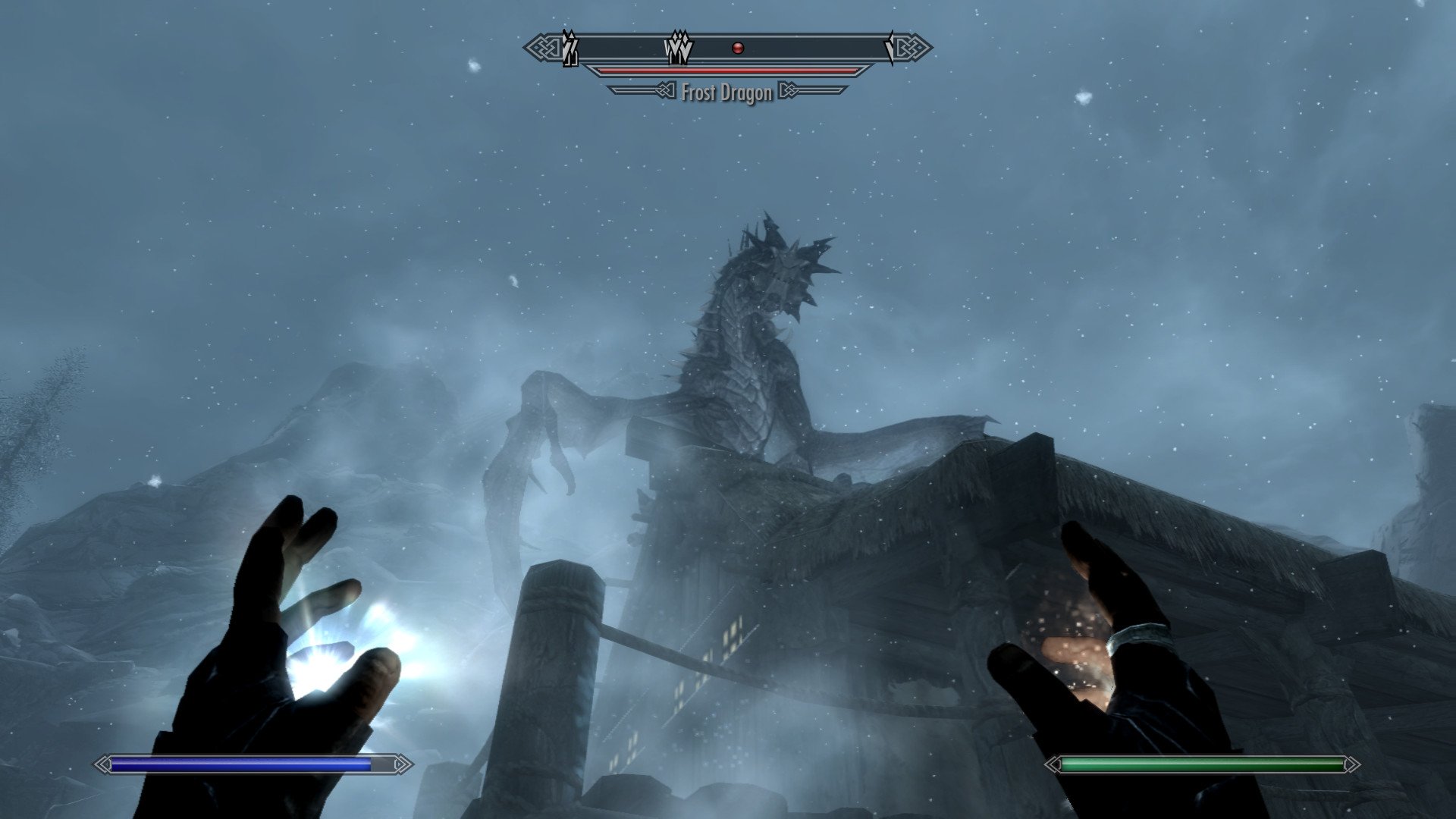

Games like the Skyrim, Fallout 4, Grand Theft Auto, The Witcher 3, and more have set the narrative for what a single player game should be like (particularly open-world single player) that it's harder than ever for new IP to get a look in. There's a reason Final Fantasy XV underwent a ten plus year development cycle, undergoing various revisions, and came out looking just a little bit like every recent WRPG out there (and hey, it still wasn't perfect).
Even if Scalebound spent ten years in development and got up to FFXV's level of quality, FFXV is Final Fantasy, commanding legions of loyal fans (including myself) willing to look past whatever foibles the game throws up at them. The game has shipped six million copies and is on track to be a solid success story for Square Enix.

Square Enix also doesn't have the pressure of budgeting for platform features, future hardware revisions, accessories, and beyond. Microsoft Studios exclusives simply can't have FFXV-like development cycles, getting riskier and riskier and risker. And that's even before you mention the added difficulty of bringing new single player IP to market.
All the latest news, reviews, and guides for Windows and Xbox diehards.
Good multiplayer experiences effectively market themselves, as players will attempt to rope their friends in to play with them. Similarly, established franchises market themselves. When you write "Fallout 5" down on a piece of paper and hand it to a gamer, they will pretty much have a decent idea of what exactly they should expect. Creating new, insular, single-player-driven IP is riskier than ever, and even more so when relying on a second party to build it.
Creating new, insular, single-player-driven IP is riskier than ever, and even more so when relying on a second party to build it.
Those heavy-hitting third-party publishers, building games like the next Elder Scrolls, the next Grand Theft Auto, or CD Projekt RED's Cyberpunk 2077, will command the future of pure single-player. Even developers like Ubisoft and Square Enix are sliding away from pure single player experiences, building DLC-heavy games like Rainbow Six Siege and injecting micro-payments into games like Deus Ex Mankind Divided. Of course, there are always exceptions, but we're talking about general trends here.
When Microsoft and others see huge success with perpetually updated games like Minecraft, Killer Instinct, Halo 5, and Gears of War 4, while games like Quantum Break, RYSE, and Sunset Overdrive are either critically or commercially failing, it makes little sense for Microsoft to go all-in on high-risk, low-return pure single-player games. Gamers have voted with their wallets.
The rise of Games as a Service (GaaS)
It should come as no surprise that Microsoft, known for properties like Office 365, OneDrive Premium, Skype Premium, Groove Music, and of course, Xbox Live Gold, should be more successful in creating games that operate more like services.
Fable Legends was the definitive prototypical Xbox game as a service, being entirely free to play, aggressive with micro-payments that exchanged money to help you accelerate through the game. Mobile gaming pioneered these sorts of games, and for what they lack in quality (and often, basic ethical decency), they make up for it in pure, hard, cash.
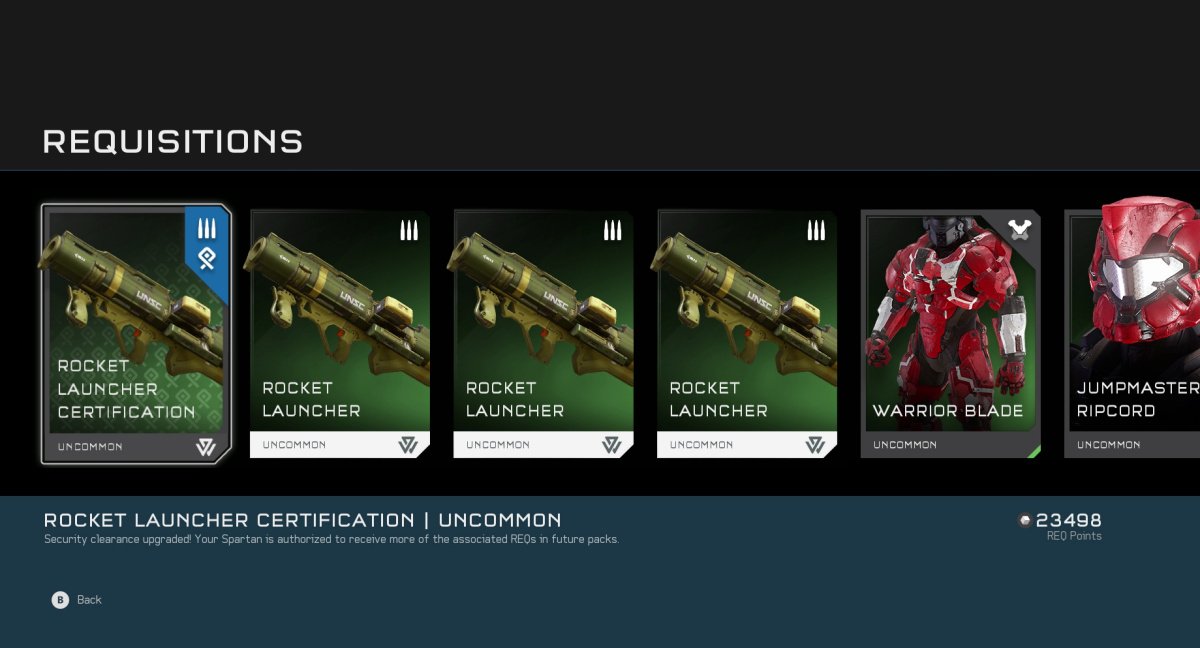
Fable Legends was too aggressive on the service front, though, and the underlying game wasn't up to Microsoft's idea of what constitutes a good game. Thankfully, Microsoft still expects a level of quality from our console games, and Microsoft and other large publishers know that we really don't want to feel like we're playing throwaway mobile phone games. This is why games like Overwatch, which keep the rewards strictly cosmetic (and often, sexy), have been able to slip by yesteryear's outrage at micro-transactions. Overwatch boasts millions of happy players, exploding out of the ashes of a dead Blizzard Entertainment MMO. And it is this sort of game that you should expect more of from Microsoft Studios (and frankly, most publishers) moving forward.
Halo Wars 2 will have a robust single player campaign, even to the point of being bolstered by an expansion pack in the future, but it's Halo Wars 2's card pack-heavy Blitz mode that will give the game far better margins than it could possibly have achieved as a standard RTS. Sea of Thieves will also be continuously supported post-launch, so you should quite firmly expect that to have micro-payments of some description (we can only hope they remain firmly cosmetic). I wouldn't be surprised if Crackdown 3 also featured something akin to Gears of War 4's post-campaign cosmetic loot crates, perhaps with random abilities and skills on the side.
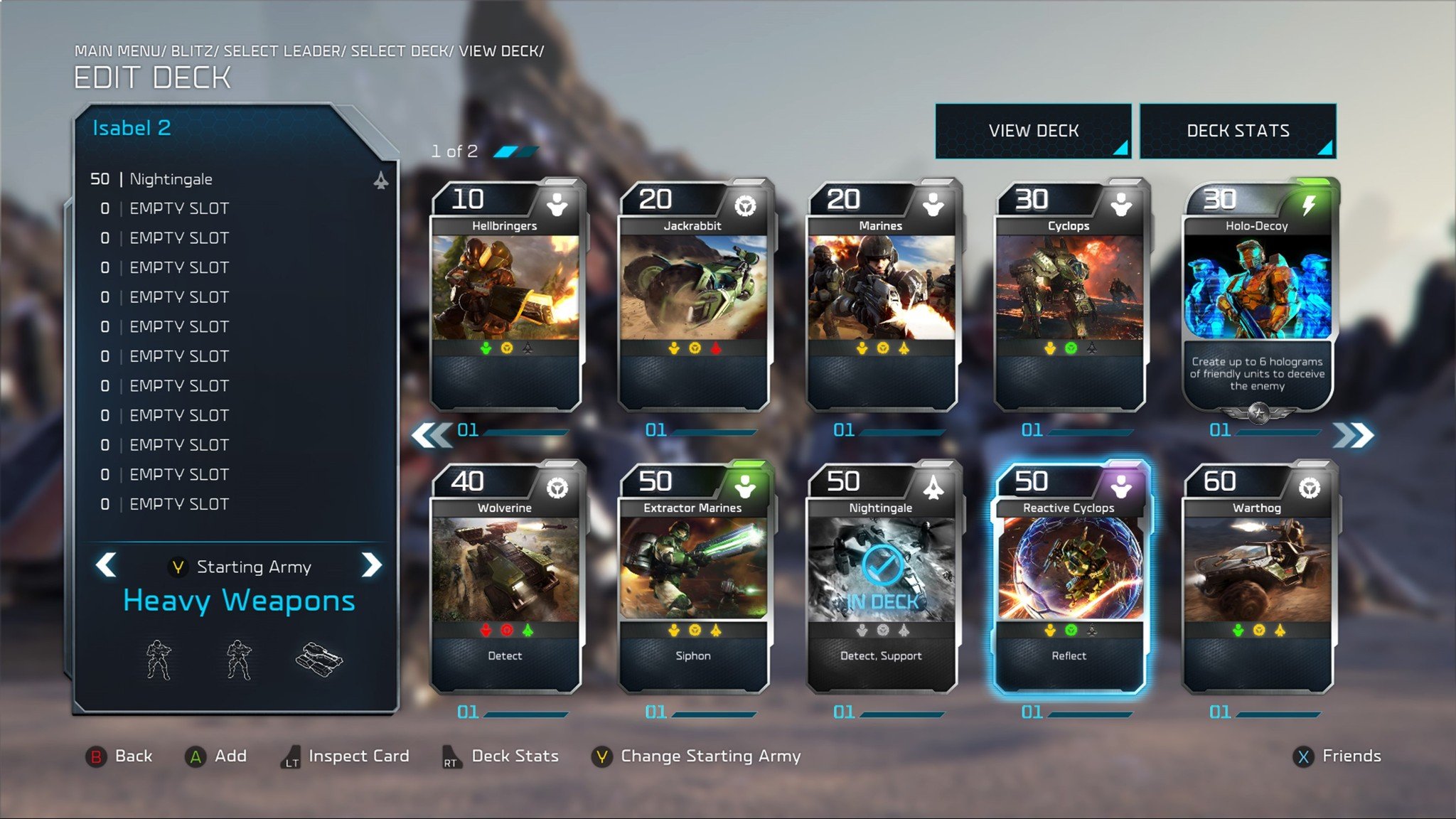
Huge games with abnormally long lifespans undoubtedly ate into the sales of all sorts of games this past quarter. Mafia III, Dishonored 2, Watch Dogs 2, and even multiplayer games like Titanfall 2 probably didn't get the attention they deserved, purely on the basis that we're simply quite happy playing other stuff for longer than ever before. There's always the prospect of picking up campaign-heavy games later in a Steam sale, or even an increasingly impressive Xbox sale after all, right?
Is there no hope for pure single-player exclusives?
I wouldn't go that far. Clearly, Microsoft was gauging interest in the classic Xbox 360 JRPG Lost Odyssey when they offered it for free over the holiday period and planned HD re-releases of Phantom Dust and Voodoo Vince are on the cards. And while they're all multiplayer-heavy, State of Decay 2, Crackdown 3, and Halo Wars 2 will also have strong single-player capabilities on the side.


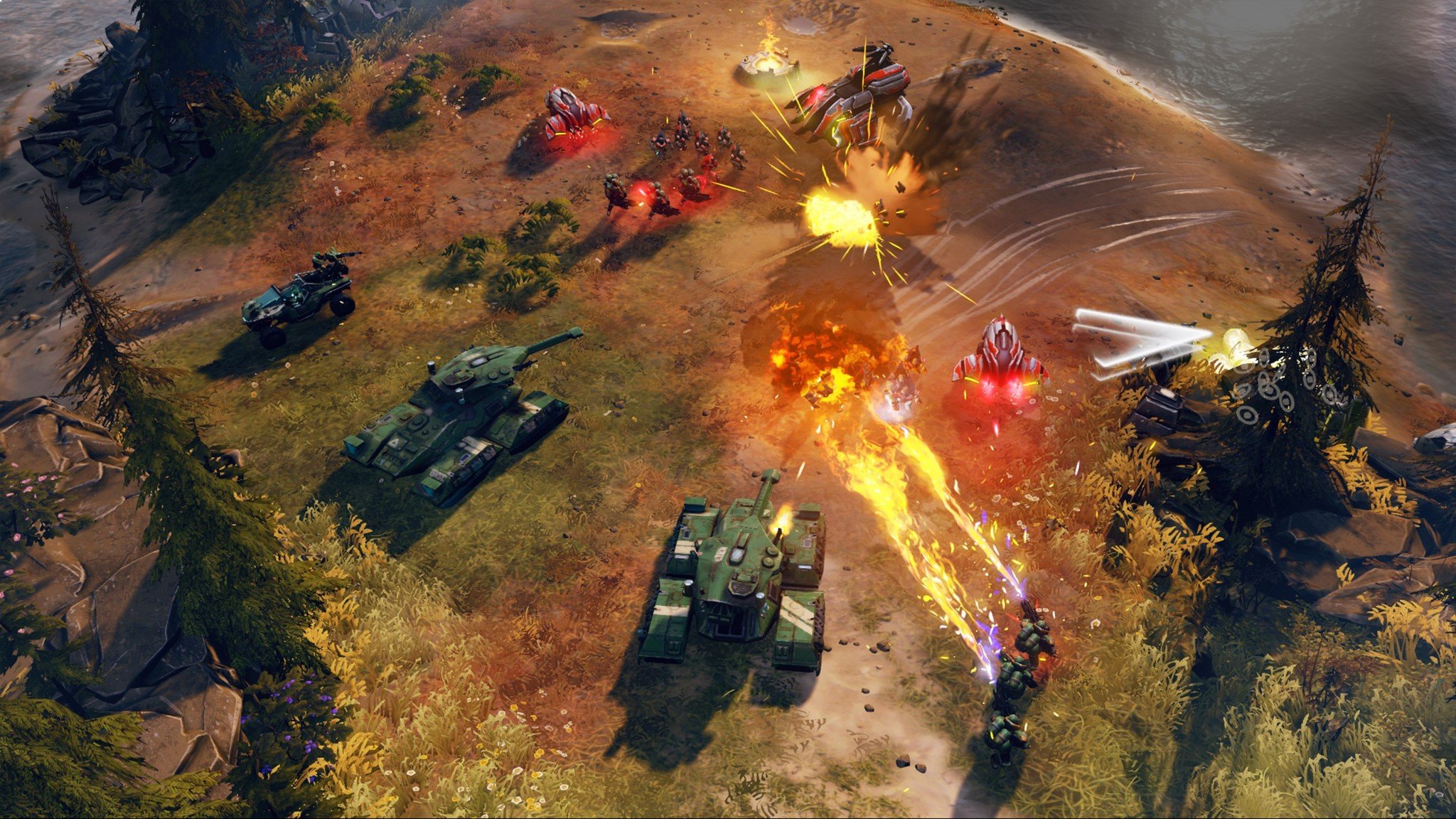
I think Microsoft is exploring ways to bring these sorts of experiences to the Xbox One in a commercially viable way, and I know from conversations with high-ranking figures at Xbox that they would like to have the sort of diverse portfolio that can appeal to all kinds of gamers. There just comes the point where the business matters outweigh the virtues of the craft, particularly at a point where Xbox is investing so much in tools and features that deliver value to Xbox Live itself as a platform, rather than just the exclusive games.
Most Microsoft Studios games will have at least some multiplayer / micro-payment-driven service model moving forward.
Episodic campaign-based games seem to be an option Microsoft Studios could explore in the future. The format continues to work well for graphic adventure titles like Life is Strange and Telltale games, and even Hitman. Episodic structures allow developers to cash flow development, taking money upfront for season passes or by selling single episodes at a premium. I expect Microsoft will explore this as a means to deliver story content in the future, examining the success of Telltale's Minecraft Story Mode and Battlefield 1's mini-campaigns, for example.
And of course, VR is coming to Project Scorpio, and with Microsoft positioning itself as a leading provisioner of virtual, mixed, and augmented reality platforms, I think it's fairly likely we'll see some games emerge from Microsoft Studios that feature strong campaigns that support optional-VR experiences, akin to Resident Evil 7. VR doesn't lend itself too well to multiplayer, yet.

Microsoft is sitting on piles of disused IP that could circumnavigate the marketing headaches of establishing new franchises, including Age of Empires and Perfect Dark, many of which would lend themselves well to story-driven experiences while still offering opportunities for service driven models on the side.
Even still, I think most Microsoft Studios games will have at least some service model moving forward, giving the company the margins it needs to keep developing Xbox Live itself as a platform gamers and developers want to use.
Moving forward
Scalebound's cancelation typifies the struggles faced by studios building new IP for the modern era. There's more competition for a gamer's free time than ever, thanks to things like Game Preview / Early Access, games with constant updates, and even just internet-based media in general. There's only so many hours in a day, and I can only speak for myself when I say that I'm struggling to keep up with all the great games out there. My backlog is huge. If Scalebound was truly ground breaking, Microsoft probably would have seen its development through to the end, even with the delays, expectations, and the cash Platinum Games were eating through.
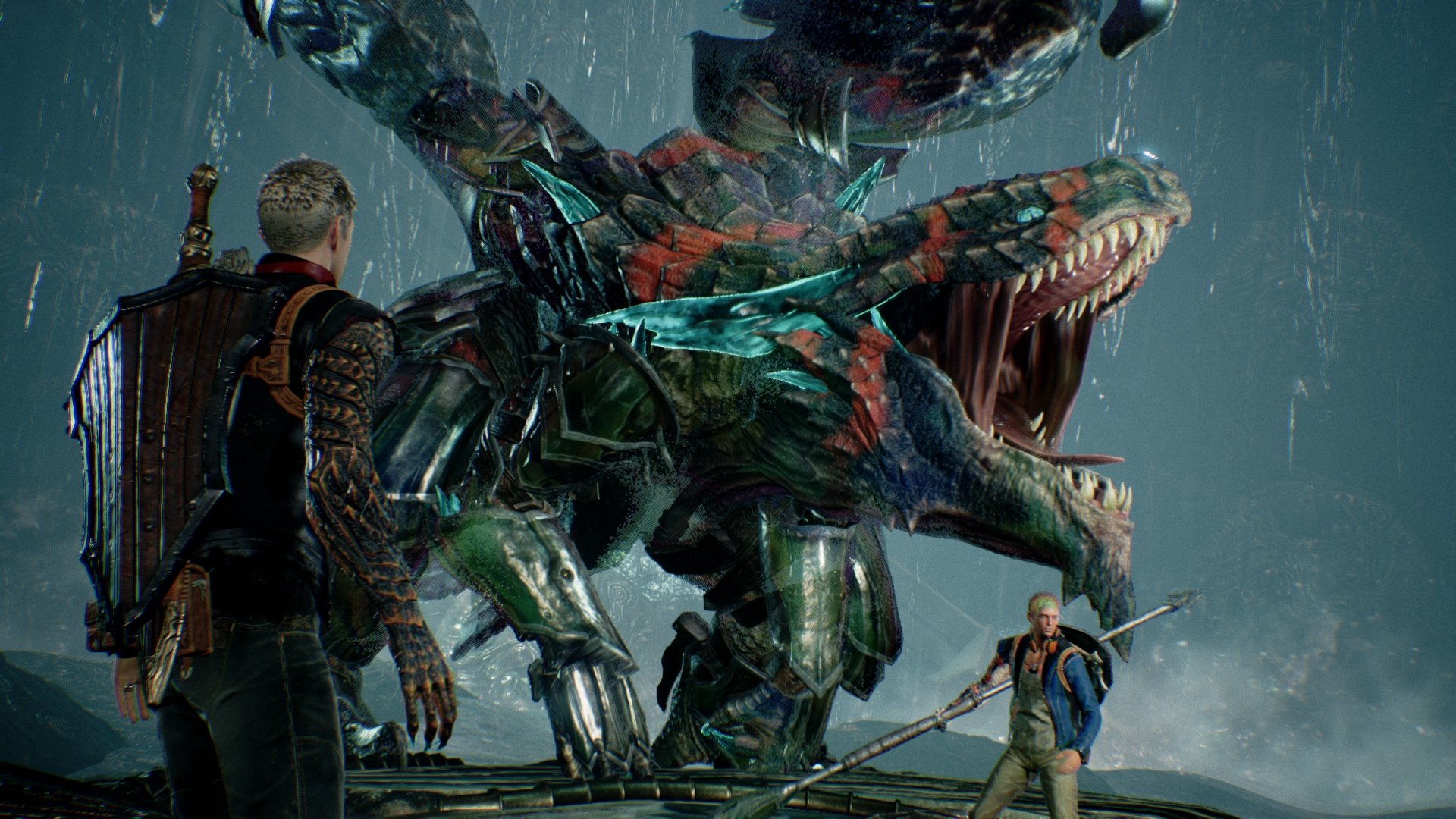
The industry constantly shifts and changes. Video game development is no longer just the realm of huge studios with massive budgets. It has been democratized to some degree, thanks to the rise of indie gaming and programs like ID@Xbox. We all know the story of Minecraft. An indie today could be tomorrow's multi-million dollar franchise, and gamer's tastes also fluctuate and cycle. Microsoft will probably set its sights on comparatively lower-budget, safer, single player experiences, funding sequels to titles like Ori and the Blind Forest and Cuphead.
At least for now, it's looking like the next few years will be dominated by games that run with a service model, and Microsoft has proven itself to be very adept at making it work for them. But I hope that experiences with Scalebound, RYSE, ReCore, and other second-party developed single player games don't hinder Microsoft Studios' will to take risks.
Were you looking forward to Scalebound? Do you spend money on micro-transactions in games like Killer Instinct and Gears of War 4? Let us know in the comments.

Jez Corden is the Executive Editor at Windows Central, focusing primarily on all things Xbox and gaming. Jez is known for breaking exclusive news and analysis as relates to the Microsoft ecosystem while being powered by tea. Follow on Twitter (X) and tune in to the XB2 Podcast, all about, you guessed it, Xbox!
